Doing Healthcare Research Differently: An Introduction to SocioHealthLab’s Special Video Series, Part 1
Table of Contents
Established in 2019, SocioHealthLab is a research collective of health and social science researchers, practitioners and students from Australia and around the world, striving for healthcare transformation through applied, theory-driven, creative and collaborative socio-cultural research. In short, we come together to challenge each other to do health and healthcare differently.
Through this first of two instalments within our special series with the Journal of Humanities in Rehabilitation, we begin doing health research dissemination differently by telling our story/stories[1] through animation, music, sound and discourse. Our story/stories take many forms: poems on becoming sick (Barlott, 2022)and (in)visible (Boodoosingh, 2022), visual and reflexive narration questioning what it means to be a physiotherapist (Mescouto, 2022) and a performance by creature-clinicians adopting a humanistic approach to treating dragon scale (Setchell et al., 2022)!
Such storytelling is part of becoming. The storytelling found in this special series is part of our becoming. Stories have long been central to how communities teach one another their values, produce theories on how the world works and for reworking one’s place in it. Through stories, we learn how and who to be (Frank, 2007). Through the stories in this first instalment of our special series we begin to teach ourselves and others our values: vulnerability, (more-than)human-centred approaches to care and a deep curiosity in theory’s transformative potentiation.
Visual stories like these can help us to express our emotions, share these emotions and contain them (Frank, 2007). Discomfort – shared through storytelling – holds our collective attention, making the discomfort a less isolating experience, and one with the potential for transformation. Humour is also transformative, allowing us to reflect on our own practices in a less confronting space. In this first of two instalments within our special series, we see sorrow, discomfort and/or humour central to the ebb and flow of each unfolding relational journey.
The videos are designed to be a multi-sensory experience, differing from usual academic forms of expression. They are brief, so put aside a little time, find a quiet space, put on some headphones and join us in our stories.
SocioHealthLab is an inclusive research collective where anyone is welcome to participate in our conversations on health and healthcare. After spending some time with our story/stories in this special series, you may wish to join our the collective. You can find more information about us – including our contact details – on our website: https://shrs.uq.edu.au/research/sociohealthlab .
[1] We use the phrasing ‘story/stories’ purposefully here – because no story is completely original. Familiarity and intertextuality are central to the purposes of storytelling – helping us to recognise ourselves, reflect on who we are, and act accordingly.
(Un)learning: A physiotherapist’s PhD journey
By Karime Mescouto
“Unlearning is about being comfortable with doubt and strangeness (…) creating different ways of being together and considering new vantage points“.
In this video, Karime Mescouto shares how engaging with social and philosophical theories in her PhD prompted her journey of unlearning and critically reflecting on her profession. She uses philosopher Annemarie Mol’s work to shed light on the multiplicity of physiotherapy and question how certain aspects of the profession are continuously prioritised over others. The multiplicity of physiotherapy transforms a fixed and rigid perception of “being a physio” to a fluid and continuous process of “becoming a physio”.
Do you See me
By Ramona Boodoosingh
The intent of this video is to humanize the personal experiences of a patient when interacting with health workers. The internal self-speak may assist health workers to develop a deeper awareness of and reflection on how patients are affected by their environment, non- verbal cues, verbal communication and internal self-doubts.
Power and the Clinic
By Jenny Setchell, Rebecca Olson, Karime Mescouto, Nathalia Costa, Nadia Cook, Sofia Woods, and Sarah Bock
Power weaves its way through everything. In healthcare settings it can derail well-intentioned care and overly impact those experiencing socio-economic or cultural marginalisation. In this video we explore power in the clinic, examining the small and the large ways in which power manifests in a seemingly simple few minutes of clinical time. Power is woven into the fabric of communication between patient and clinician, in the furniture and decorations on the walls, in the institutional policies and procedures. This video is aimed at clinicians who would like to see power more clearly so they can improve care for all patients.
Becoming-sick
By Tim Barlott
This poem centres around the concept of becoming, which comes from the work of Gilles Deleuze and Felix Guattari. Becoming is an asignifying and disruptive process. Processes of becoming involve micropolitical or small-scale movements of power and resistance that generate fissures or cracks, forming lines of escape. These processes can be understood as entering into a closeness or a zone of proximity with something that is ‘other’, in this case entering into proximity with sickness. In this Deleuzio-Guattarian intoxicated poem Tim explores his imperceptible becoming following the surgical removal of a cancerous tumour.
The poem “Becoming-sick” was originally published in the Journal of Autoethnography:
Barlott, T. (2021). Becoming-sick. Journal of Autoethnography, 2(2), 215-216. https://doi.org/10.1525/joae.2021.2.2.215
References
- Barlott, T. (2022). Becoming-sick. Journal of Humanities in Rehabilitation, 9(1). https://vimeo.com/661501435
- Boodoosingh, R. (2022). Do you see me? Journal of Humanities in Rehabilitation, 9(1). https://vimeo.com/670797425
- Frank, A. W. (2007). Five dramas of illness. Perspectives in Biology and Medicine, 50(3), 379-394. https://doi.org/10.1353/pbm.2007.0027
- Mescouto, K. (2022). (Un)learning: A physiotherapist’s PhD journey. Journal of Humanities in Rehabilitation, 9(1). https://vimeo.com/658460593
- Setchell, J., Olson, R., Mescouto, K., Costa, N., Cook, N., Woods, S., & Bock, S. (2022). Power and the clinic. Journal of Humanities in Rehabilitation, 9(1). https://vimeo.com/658760898
About the Author(s)
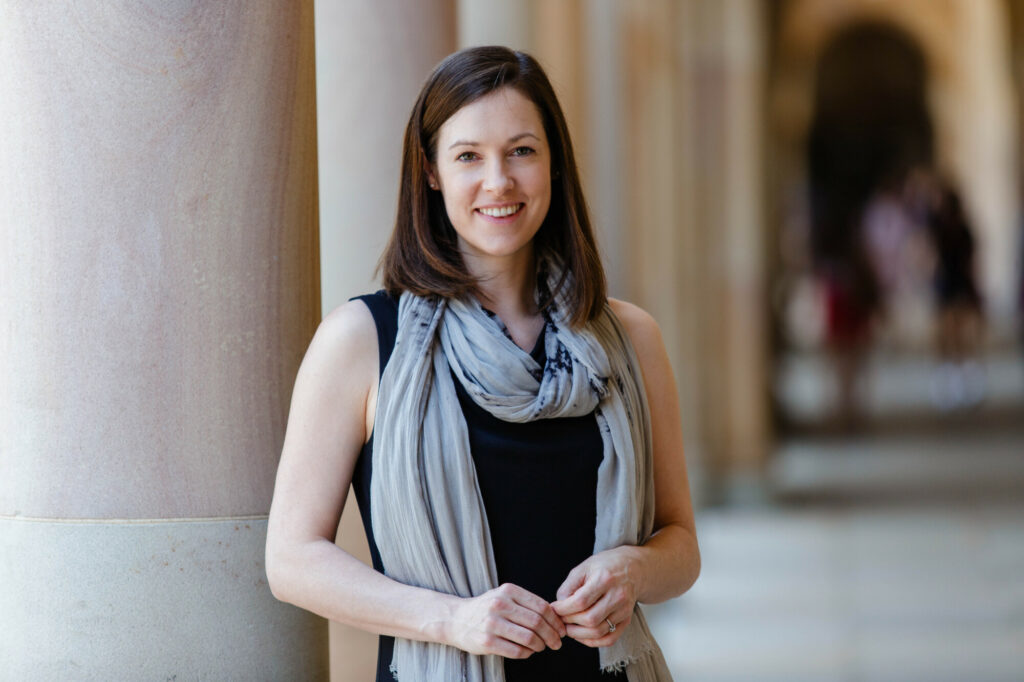
Rebecca E. Olson, PhD, BA (Hons)
Rebecca E. Olson is an Associate Professor in Sociology, University of Queensland. Funded by competitive national grants, her research intersects the sociologies of health and emotion. As a leading innovative qualitative researcher, Olson employs video-based, participatory, reflexive, post-qualitative and post-paradigmatic approaches to inform translational inquiry in healthcare and healthcare education settings. Her recent books include Towards a Sociology of Cancer Caregiving: Time to Feel (Routledge, 2015) and Emotions in Late Modernity (Routledge, 2019, co-edited with Patulny, Bellocchi, Khorana, McKenzie and Peterie). Olson also minored in political theatre and has been a dancer or community dance teacher for most of her life.
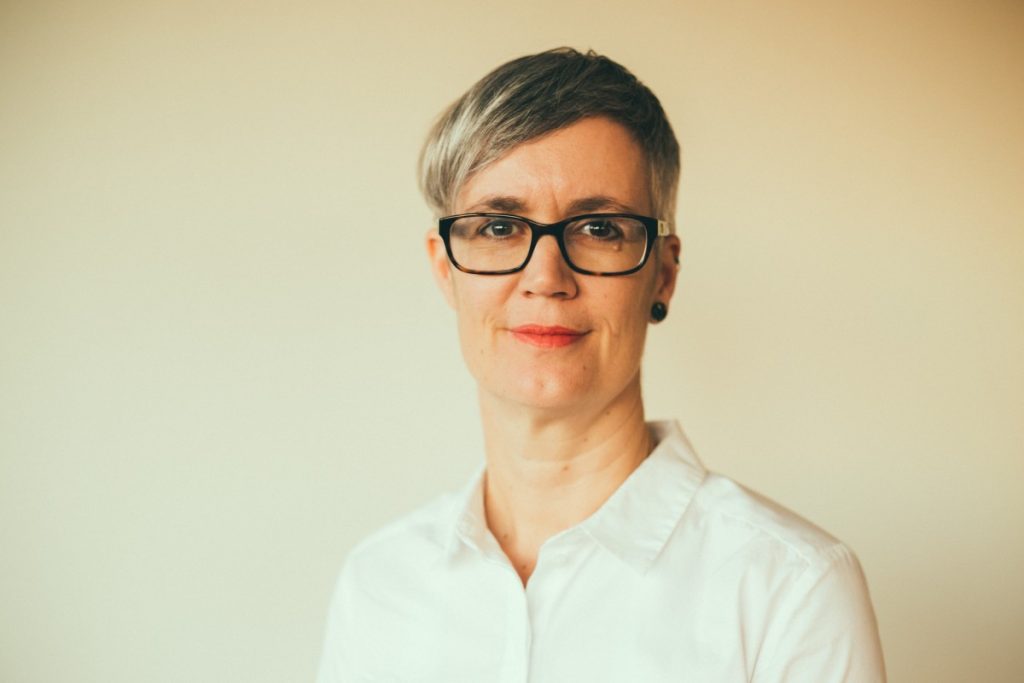
Jenny Setchell, PhD, BSc (Pty)
Dr Setchell is Senior Research Fellow, School of Health and Rehabilitation Sciences, University of Queensland, Australia. Research interests include critical perspectives on rehabilitation and physiotherapy, and using post-modern and new-materialist theories to enhance healthcare equity. Dr Setchell has received numerous grants and awards, including a prestigious NHMRC Fellowship. They have 20 years of diverse clinical physiotherapy experience, primarily in the musculoskeletal sub-discipline. Dr Setchell is co-founder of the Critical Physiotherapy Network, an international network of physiotherapists across 30+ countries working toward more socio-politically conscious rehabilitation. Dr Setchell has been an acrobat and a human rights worker.
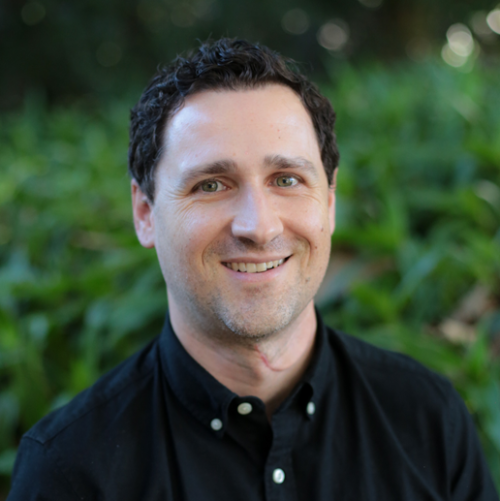
Tim Barlott, PhD, MScRS, BScOT
Tim Barlott, PhD, MSc, Grad Cert (Community-Based Participatory Research) BScOT, is an Assistant Professor in the Department of Occupational Therapy at the University of Alberta and Co-Director of the SocioHealthLab at The University of Queensland (UQ), Australia. Tim’s research is at the interface of health service delivery and the sociology of health, interrogating the socio-political aspects of everyday life and pursuing affirmative/transformative possibilities. In particular, Tim is interested in allyship and the value of freely-given relationships in community mental health, considered through post-modern and new materialist theoretical perspectives. Using community-based approaches, Tim’s research is built on collaborative relationships with community partners and the co-construction of research processes. Tim’s research is published across sociology, rehabilitation, occupational science, occupational therapy, philosophy, and qualitative methods. Tim has over 15 years of experience as a community practitioner (occupational therapist, addictions counsellor, and youth worker), educator, and participatory researcher in Canada, Australia, and internationally.
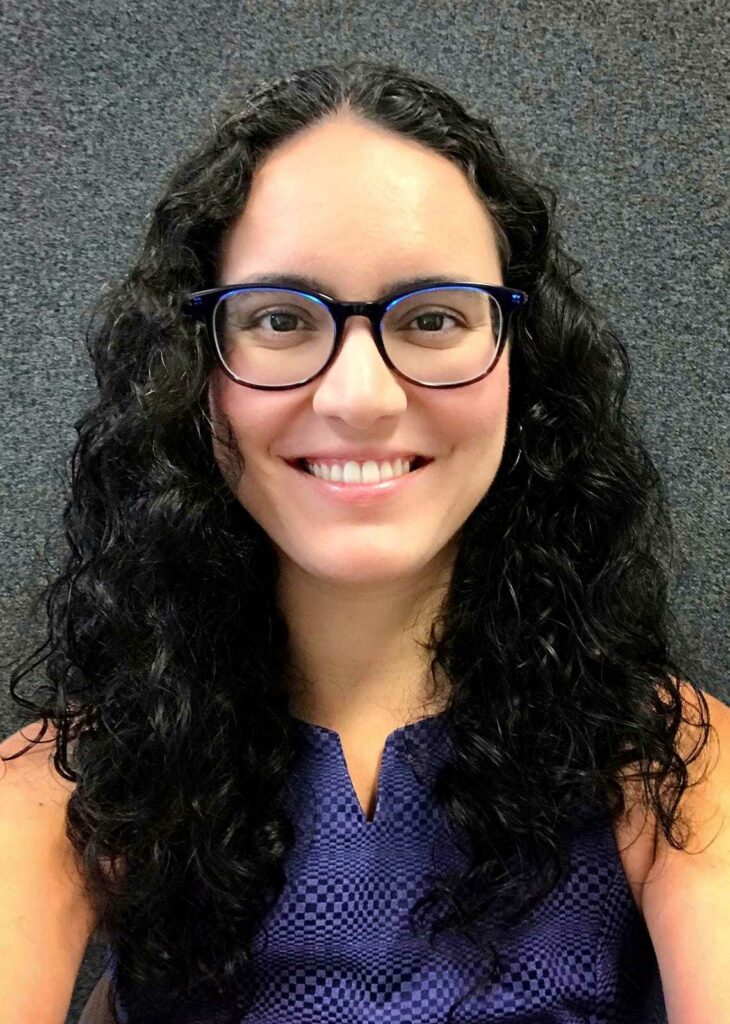
Karime Mescouto, BPhty (Hons), MSc.
Karime Mescouto is a physiotherapist and a PhD candidate at the University of Queensland, Australia. Her doctoral research is interested in enhancing low-back-pain healthcare delivery by looking critically at the biopsychosocial model of health. Her research uses a variety of qualitative methodologies to challenge taken-for-granted aspects in the care of people with low back pain. She holds a master’s degree in Rehabilitation Science from UFRN, Brazil, and a Graduate Certificate in Physiotherapy from Curtin University, Australia. She is a passionate physiotherapist with an aspiration of contributing to best-practice care for people with chronic musculoskeletal pain.
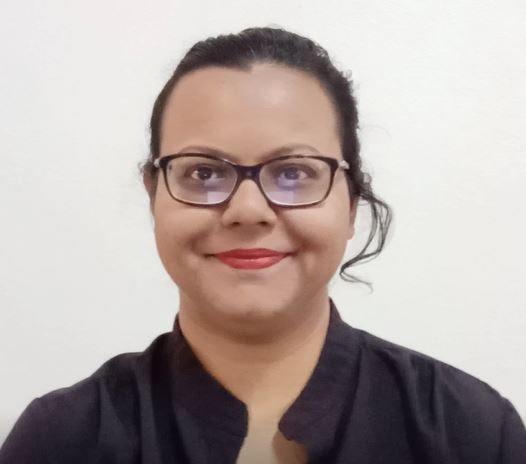
Ramona Boodoosingh, PhD, MSc, GradDip, BSc (Chem Mgmt).
Ramona Boodoosingh is a senior lecturer at the School of Nursing, Faculty of Health Science, at the National University of Samoa. She holds a PhD in Development Studies, and a master’s degree in Environment Health. She hails from Trinidad and Tobago, and has been residing in Samoa for the last five years. Her research interests include health literacy, food security, elder care, gender issues, and academic inequality. Building on her numerous research contributions, she has recently developed a keen interest in health communications, understanding food choice, and pelvic organ dysfunction.
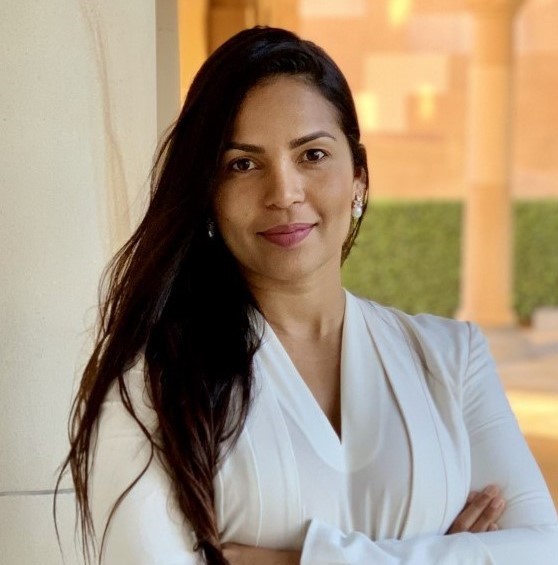
Nathalia Costa, PhD, BPhy (Hons)
Nathalia Costa is a Postdoctoral Research Fellow at the School of Health and Rehabilitation Sciences, University of Queensland, and at Sydney School of Public Health, The University of Sydney, Australia. She has expertise in musculoskeletal health, with a focus on low back pain. Dr Costa is particularly interested in translational projects that involve collaboration with key stakeholders and have real-world applicability. Her research spans from factors that impact on low back pain trajectories to individual, organizational and system factors that create barriers to, and facilitators for, care that is person-centred and equitable.
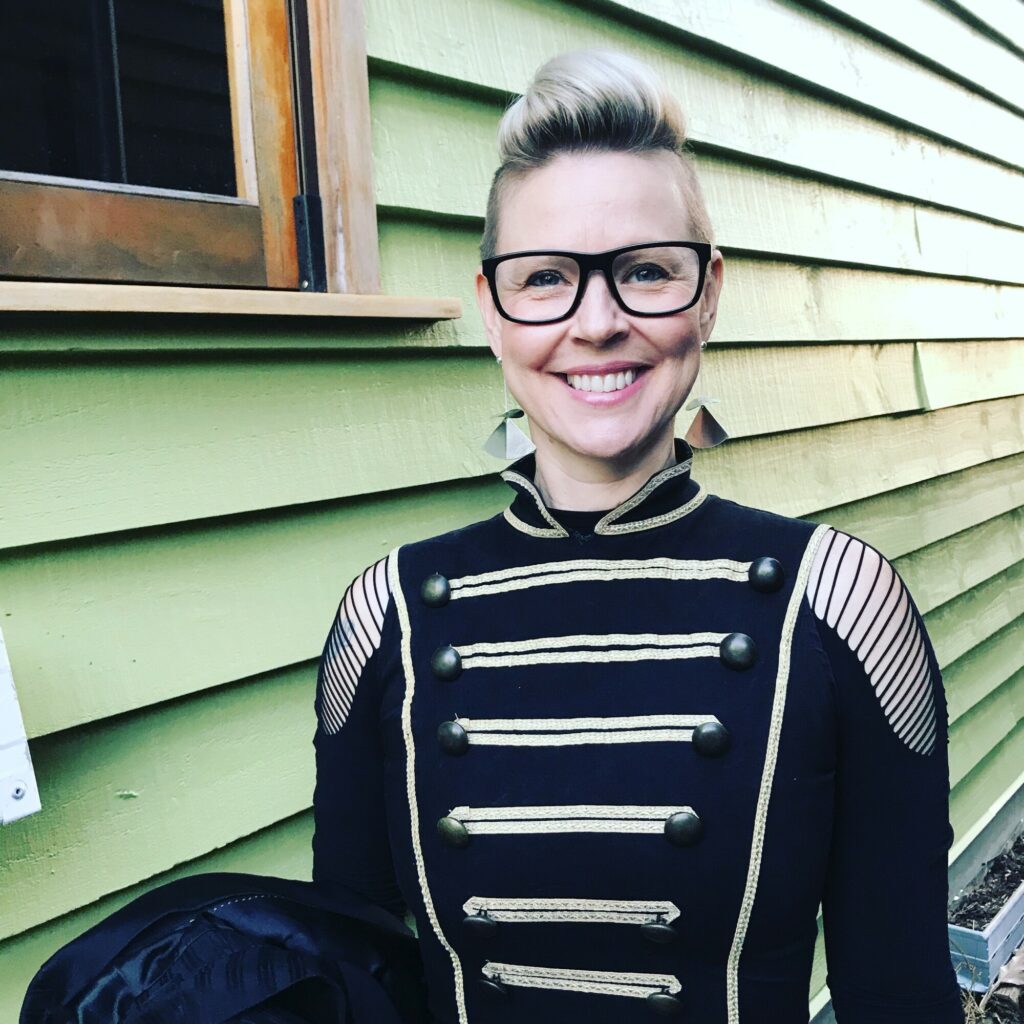
Sofia Woods, BA (Dance)
Sofia Woods is Product Design Director at Xero. She has been a User Experience and Product Designer for 12 years. She designs, creates and brings to life digital experiences for Government, Health, Travel, Environment and Financial Services. Using a Human Centred Design approach, she examines the key problems people face when using online products or services, and uses a series of methods to ideate, test and prototype digital solutions. She regularly works across health and academia, bringing Human Centred Design to help focus research outcomes and inform perspectives to make them more ‘human’ focused.
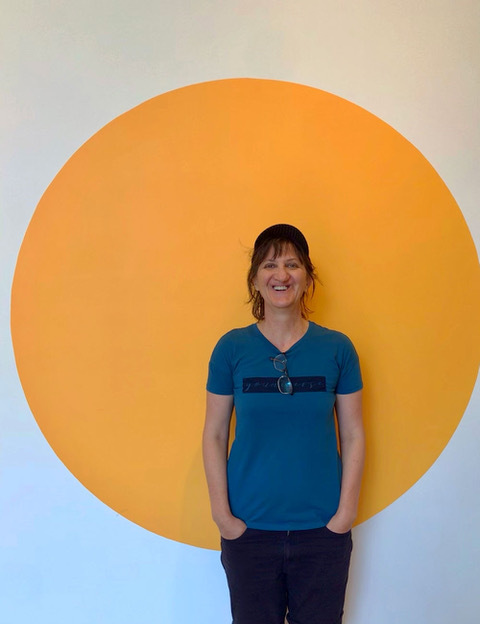
Sarah Bock, BA (Multimedia, Grad Cert (Comp Ed)
Sarah Bock is Director of eLearn Australia. She is an experienced educational designer and developer with a demonstrated history of working in the e-learning industry. She is skilled in instructional design, mobile applications and web development and is passionate about collaborating with others in the social justice and/or health space. Sarah has worked across a wide range of educational and community sectors. She has collaborated closely with Aboriginal people on a range of projects to support Australian Indigenous languages, including the Rumbalpuy Dhäwu medical dictionary and the CommDoc apps intended to culturally enhance interactions between healthcare workers and Aboriginal patients.

This work is licensed under a Creative Commons Attribution 4.0 International License.

This work is licensed under a Creative Commons Attribution-NoDerivatives 4.0 International License.

This work is licensed under a Creative Commons Attribution-NonCommercial-NoDerivatives 4.0 International License.

